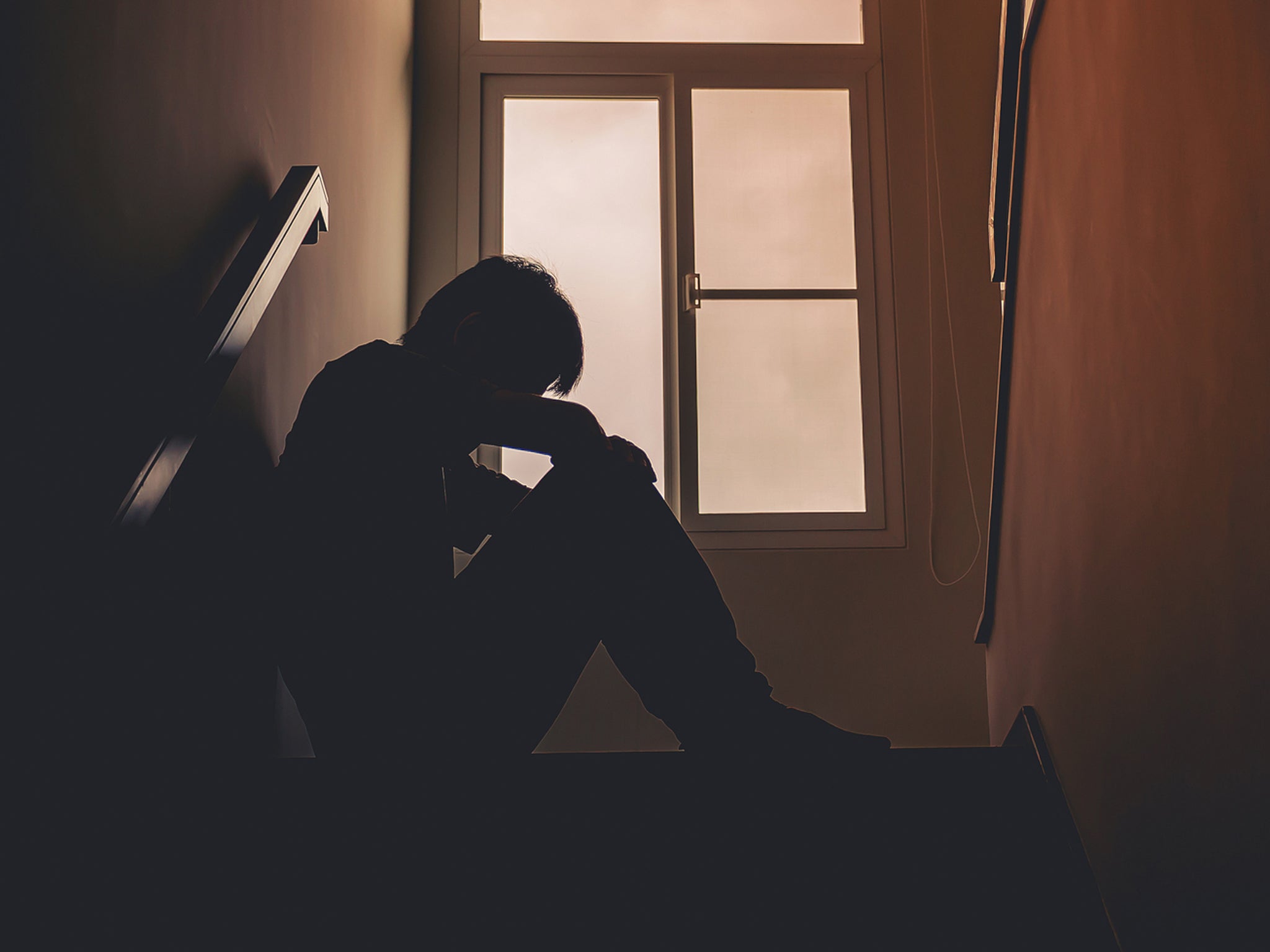How psychedelics changed my life
A growing body of clinical evidence points to the efficacy of ketamine-assisted KAP in the treatment of depression, anxiety, PTSD and trauma


Your support helps us to tell the story
From reproductive rights to climate change to Big Tech, The Independent is on the ground when the story is developing. Whether it's investigating the financials of Elon Musk's pro-Trump PAC or producing our latest documentary, 'The A Word', which shines a light on the American women fighting for reproductive rights, we know how important it is to parse out the facts from the messaging.
At such a critical moment in US history, we need reporters on the ground. Your donation allows us to keep sending journalists to speak to both sides of the story.
The Independent is trusted by Americans across the entire political spectrum. And unlike many other quality news outlets, we choose not to lock Americans out of our reporting and analysis with paywalls. We believe quality journalism should be available to everyone, paid for by those who can afford it.
Your support makes all the difference.Sometimes in life things just get too much. Stress piles up on top of stress. Chaotic days become torturous, restless nights. You question yourself as your energy levels drop lower and lower. A basic task previously handled without a moment’s thought becomes something requiring herculean strength to perform.
From 2000 to 2019, I enjoyed a fulfilling career as a financier. After fifteen years in asset management on the shores of Lake Geneva, I moved to New York. In that time, I built two companies from the ground up. The work was extremely challenging but all in all, life was good. And then some 10 years ago, I experienced a terrifying burnout.
After it all came to a head, I tried virtually everything to get better. I was prescribed countless selective serotonin re-uptake inhibitors (SSRIs) by my doctors as they focused on helping me manage my symptoms at the most basic level. I saw numerous psychotherapists who did their best for me. But nothing worked. Conventional psychotherapy and medication focused on treating my symptoms, not the root cause of my illness.
Then I was introduced to psychedelics, first with ayahuasca and subsequently ketamine-assisted psychotherapy (KAP). The experience was transformative for me. Through KAP, I was able to drill down into the cause of my burnout rather than merely manage the symptoms.
After a course of KAP, it became clear why my burnout happened. For the first time, I understood the truth. My burnout wasn’t an end in itself. It was a symptom of a previously undiagnosed severe case of post-traumatic stress disorder (PTSD). This life-changing realisation prompted me to quit finance and go back to university to study clinical psychology.
Across the world there is a clear and obvious need for a paradigm shift in mental health. This means pivoting away from an approach centred on symptom management to a zeitgeist focused on the root cause of mental ill-health.
Despite decades of work by dedicated clinicians and billions of dollars of investment, conventional psychotherapy remains rooted in symptom management. Indeed, conventional psychotherapy has yet to become adept at finding and tackling the root cause of an individual’s mental health challenges. We are taking more antidepressant medication than ever before, yet the world has never been so depressed.
In the UK, the NHS reports that 20.5 million antidepressant drugs were prescribed between October and December 2020. This was a 5 per cent increase from 19.6 million items in the previous quarter, and a 6 per cent increase from 19.3 million items when compared with the same quarter in 2019/20.
In the US, pre-Covid, the National Centre for Health Statistics estimated some 50 million Americans were battling depression and anxiety. The pandemic has exacerbated the mental health crisis, with some 100 million now estimated to be dealing with depression and anxiety today.Currently some $44bn a year is lost in productivity due to depression, while the projected cost of mental health on the global economy by 2030 is $16 trillion.
Psychedelics are no panacea in mental health. But via some 1,000 clinical trials in the US on psychedelic-assisted psychotherapy, a growing body of clinical evidence points to the efficacy of ketamine-assisted KAP in the treatment of depression, anxiety, PTSD and trauma.
Psychedelic-assisted psychotherapy could be the answer for a world crying out for a paradigm shift in mental health. It’s high time that regulators, clinicians, and patients alike awoke to the transformative potential of psychedelics. If they do, a new world of wellbeing is possible.
Jonathan Sabbagh is a co-founder of Journey Clinical Inc. He is a student of clinical psychology at The New School in New York City
Join our commenting forum
Join thought-provoking conversations, follow other Independent readers and see their replies
Comments